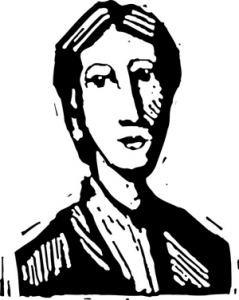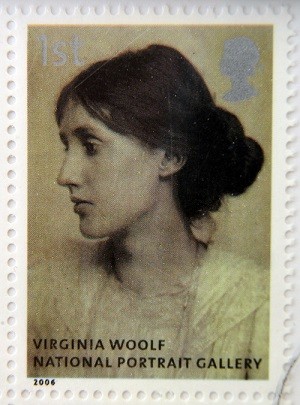Virginia Woolf once said, ’How does one write biography?’ The famous writer struggled with how to write the biographies of other people as well as her own autobiography. She drafted her autobiography several times, but each version was different from its predecessor and sadly she ended her life before finishing what could have been her most important book.
In her acclaimed biography of Virginia Woolf, former Oxford English Literature professor Hermione Lee echoes Virginia’s question. She struggled with how to open her biography of the author. Should she start the book by stating Virginia’s birth date and the names of her parents? Or should she give the date and cause of Virginia’s death? Should she describe Virginia’s family history, to enable the reader to get to know Virginia in the context of her ancestry, country and class? Or position her as a member of the social and intellectual group she inhabited?
All of these beginnings are commonly employed by life story writers, and in the end, Hermione opened the biography with a reflection on the process of writing Virginia’s story. Then she launched into a description of the houses and homes that shaped Virginia, followed by an account of her parents, childhood, siblings, adolescence, abuses, first loves then ‘madness’. And that was just Part One of the book taking the reader up to Virginia’s 21st birthday!

The way Hermione opened Virginia’s biography illustrates the point she made in her book, Biography. A very short introduction, that there is no such thing as objectivity in life writing. Biographers approach the writing task with their own preferences and positions, deriving from their history, nationality, race, gender, education, class and beliefs.
According to Hermione, these factors profoundly influence the choice of subject and it is often the case that the biographer and subject have a similar background or some shared interest. While it is valuable for a biographer to have some experience or knowledge of their subject’s profession or passion, this in itself makes it more difficult to remain objective as the biographer will bring to the book their own views and prejudices about the topic.
Another aspect of objectivity is being caught in the spell of the subject. Uncritical adulation of the subject of a biography leads to a flat colourless portrait. So when a life story writer is paid to write a client’s biography, how does this affect their objectivity? Can they be truly objective and is there the risk of the biography falling flat or being more akin to fiction than fact?
This is an important question, pointing to the need to recruit highly experienced writers who are qualified to create a nuanced biography that skilfully balances the public and private faces of their clients. Seasoned writers who are able to cleverly tease out the essence of their client’s personality and penetrate through to their complexity and intrigue. Writers who bring their clients to life on the page with honesty, grace and dignity.
If you are searching for a skilled biographer to write your life story please contact the professional association for life story writers, Life Stories Australia. As professional storytellers, Life Stories Australia members bring an objective and experienced voice to their clients’ stories, providing an exceptional level of skill and professionalism. http://lifestoriesaustralia.com.au/our-members
Gabriella Kelly-Davies
Founder, Share your life story
https://www.shareyourlifestory.com.au/
Vice President, Life Stories Australia



Social